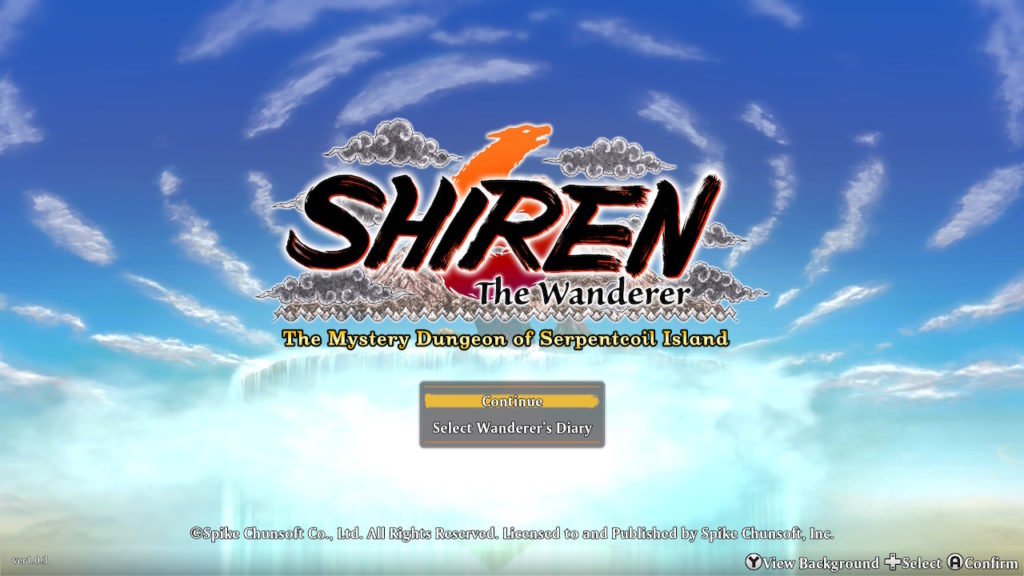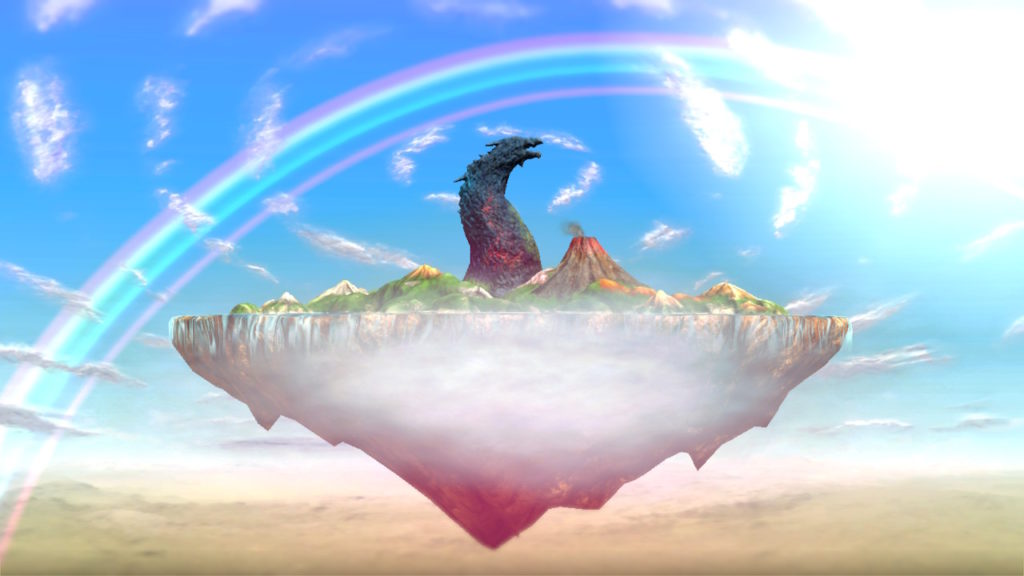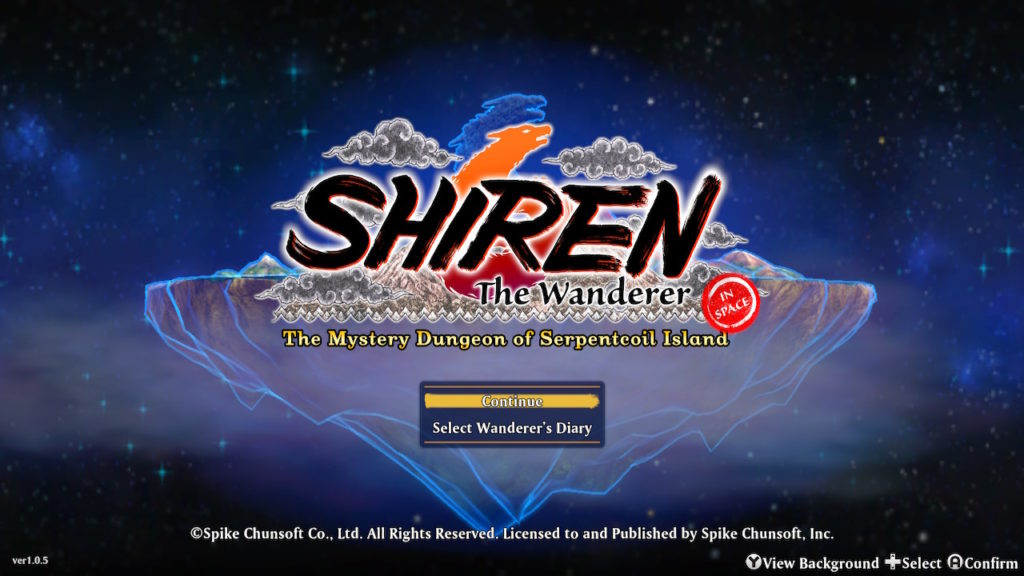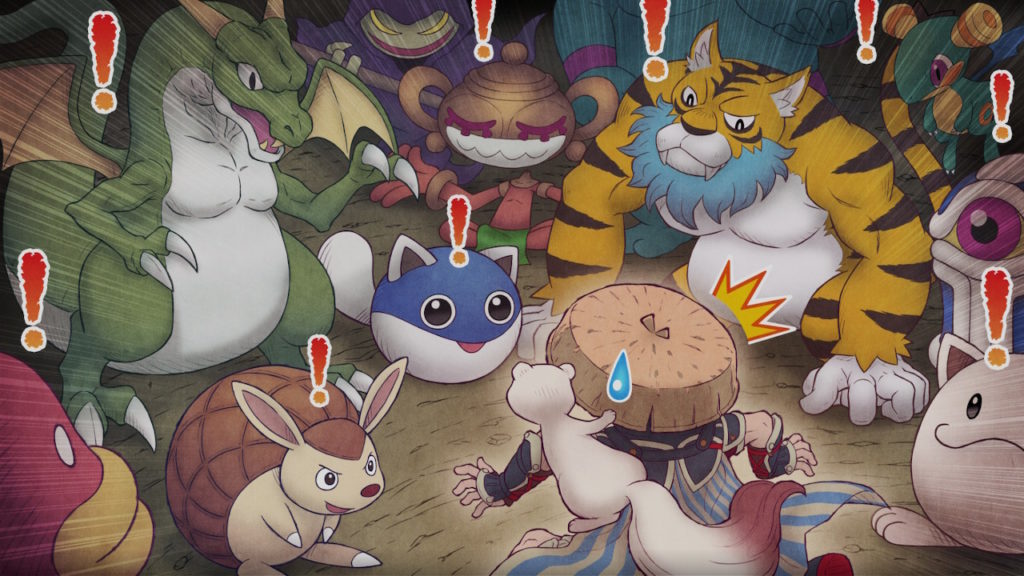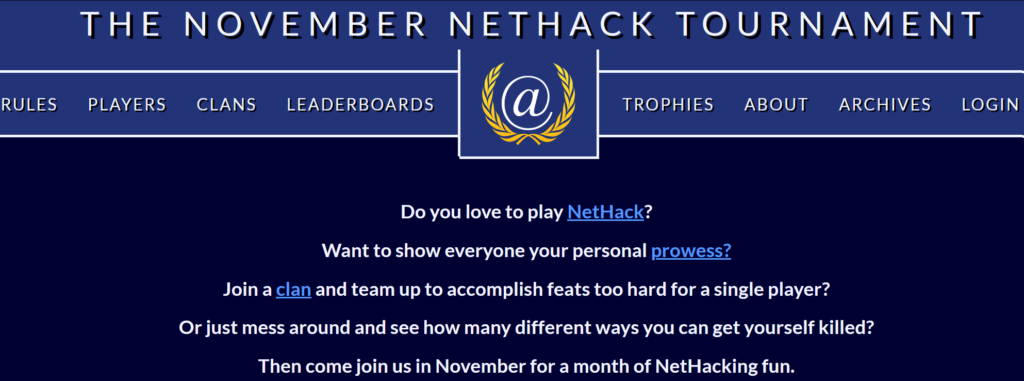The Mystery Dungeon series of Japanese roguelikes, which includes the Shiren the Wanderer games, has a fair number of obscure entries. There’s “The Rainbow Labyrinth,” a mobile entry that toyed with adding F2P features and never made it out of beta. There’s a few other mobile remakes of early titles that can’t be obtained or played now due to their platforms being discontinued. And back on Super Famicom, one of the very first Mystery Dungeon games, a spinoff and modification of Furai no Shiren, was released for Nintendo’s Satellaview add-on.
Most Satellaview titles are extremely obscure now, with their only remaining remnants that aren’t languishing in a vault somewhere inside Nintendo (if they even exist there) being saved data files on aging flash memory cartridges in the possession of diehard Nintendo players and collectors in Japan. Satellaview was treated as a way of distributing disposable software, games and other programs that were tied to a specific date or time, so there are a good number of lost items for it, and many will probably never be recovered.
Entropy and bitrot are huge problems with computer software of all types, and it’s shocking how little most companies, even Nintendo themselves sometimes, seem to think about recording essential parts of their past. So any successful reclaiming of old data from the land of howling hungry ghosts is good.
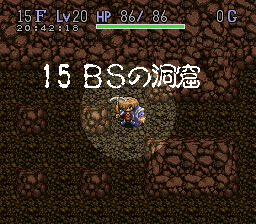
That’s why I’m remarking here that Satellablog, dedicated to recovering and making playable as much old Satellaview software as they can, has managed to obtain a copy of Episode 3, of the Satellaview version of Shiren the Wanderer, “Save Surara” or “Save Surala” depending on the tastes of the person romanizing the title. That means episodes 2, 3 and 4 have been found, leaving only the first episode.
Save Surara was a Soundlink title, like the releases of BS Legend of Zelda. That means they were intended to be played at the same time as a special audio broadcast, and contained events that were timesynced with that broadcast. Without the broadcast (which are usually lost now), Soundlink games can’t be entirely played as originally intended, but it’s still better than nothing.
Here is video of Episode 3 in action. It’s about 49 minutes long. It’ll have to be modified to get it into a state where people who aren’t into romhacking will be able to play it themselves:
With three episodes recovered, there’s still hope that someone in Japan saved a copy of Episode 1 on a forgotten flashcart resting in a closet somewhere. Frog bless all of you awesome hardware horders over there!

